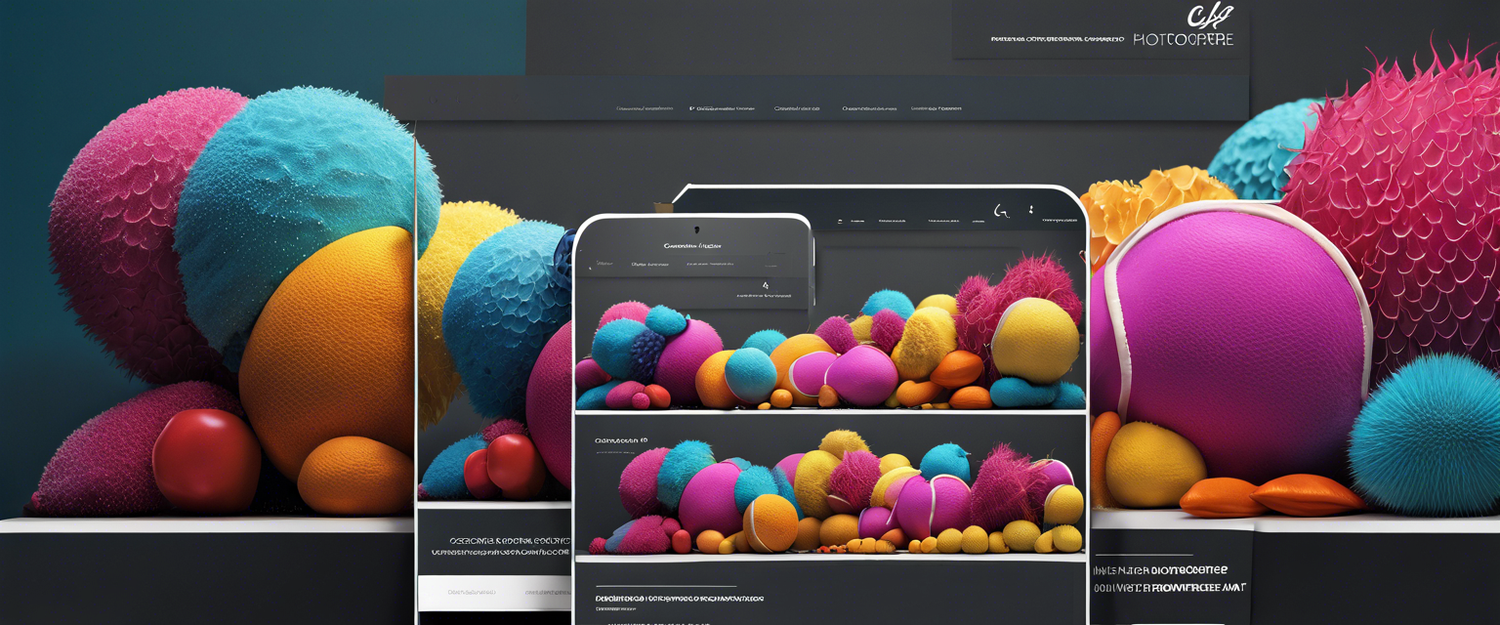Why Choose the Cohere App for Your Application?
User-generated content, while a powerful tool for engagement, can sometimes lead to the proliferation of toxic, racist, and hateful sentiments. To counteract these negative interactions, the Cohere App emerges as a state-of-the-art AI-based solution designed specifically to maintain a respectful and healthy environment within your application.
Understanding the Benefits of the Cohere App
The Cohere App employs advanced language model APIs to classify user text into categories such as benign, toxic, hateful, or racist. This proactive functionality allows developers to identify and eliminate harmful content before it can negatively influence user experiences.
Getting Started with Cohere: A Step-by-Step Tutorial
To integrate the Cohere App into your application, follow these simple steps:
Step 1: Create Your Cohere Account
Begin by visiting the Cohere website and creating an account. Once your account is set up, retrieve your API key, which will be essential for accessing the app's features.
Step 2: Explore the Cohere Playground
The Cohere Playground is the ideal space for experimentation. It offers a user-friendly interface where you can test your ideas. With options to export your code in multiple programming languages, it's perfect for both beginners and seasoned developers.
Testing Text Classification
Within the Cohere Playground, you'll find an option to input examples. Each example consists of a sample text and a corresponding label (toxic or benign). This method allows the classification model to be trained effectively, enhancing its ability to identify harmful content.
Using the Classification Feature
Below the examples section, you can test how well Cohere classifies input texts. Witness firsthand how accurately the model assesses the toxicity of provided texts.
Step 3: Exporting Your Code
To implement the classification feature in your application, click the "Export code" button and select your desired programming language. Python, Node.js, and Go are among the supported languages. For our tutorial, we will use Python.
# Example of exported Python code
# Ensure you have the Cohere client package installed
# Install with: pip install cohere
import cohere
client = cohere.Client('YOUR_API_KEY') # Use your actual API key
response = client.classify(
inputs=["Your user input text here"],
examples=[
{"text": "Example benign text", "label": "benign"},
{"text": "Example toxic text", "label": "toxic"}
]
)
# Extract prediction and confidence
predictions = response.predictions
Empowering Your App with the Cohere API
With the implementation of the Cohere API, applications can thrive in a toxic-free environment. This tutorial has guided you through the powerful capabilities of the Cohere Python client, highlighting its ability to classify user-generated content effectively.
Join Our Community and Continue Learning
Interested in honing your skills? Participate in our AI Hackathons where you can collaborate with fellow enthusiasts and mentors to create revolutionary AI tools. For details on upcoming events, visit Lab Lab AI Events.
Stay Updated with AI Trends
For more insights and updates on AI tools, make sure to check out our AI Blog. Together, let's stay at the forefront of AI technology.



Hinterlasse einen Kommentar
Alle Kommentare werden vor der Veröffentlichung geprüft.
Diese Website ist durch hCaptcha geschützt und es gelten die allgemeinen Geschäftsbedingungen und Datenschutzbestimmungen von hCaptcha.